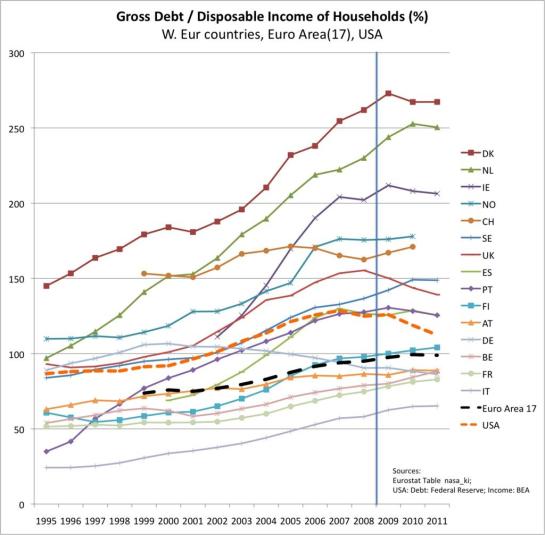Brussels, 14 December 2012
European Council conclusions on completing EMU adopted on 14 December 2012
Roadmap for the completion of EMU
1. In the light of the fundamental challenges facing it, the Economic and Monetary Union needs to be strengthened to ensure economic and social welfare as well as stability and sustained prosperity. Economic policies must be fully geared towards promoting strong, sustainable and inclusive economic growth, ensuring fiscal discipline, enhancing competitiveness and boosting employment, and in particular youth employment, in order for Europe to remain a highly competitive social market economy and to preserve the European social model.
2. The consolidation of EMU rests not only on completing its architecture but also on pursuing differentiated, growth-friendly and sound fiscal policies. While fully respecting the Stability and Growth Pact, the possibilities offered by the EU’s existing fiscal framework to balance productive public investment needs with fiscal discipline objectives can be exploited in the preventive arm of the SGP.
3. Further to the interim report submitted in October 2012, the President of the European Council, in close collaboration with the Presidents of the Commission, the European Central Bank and the Eurogroup, has drawn up a specific and time-bound road map for the achievement of genuine Economic and Monetary Union. The European Council notes the “Blueprint” issued by the Commission which provides a comprehensive analysis of the relevant issues combined with an assessment of their legal aspects. It also notes the contributions made by the European Parliament. The European Council sets out the next steps in the process of completing EMU, based on deeper integration and reinforced solidarity for the euro area Member States.
4. The process of completing EMU will build on the EU’s institutional and legal framework. It will be open and transparent towards Member States not using the single currency. Throughout the process the integrity of the Single Market will be fully respected, including in the different legislative proposals which will be made. It is also important to ensure a level playing field between Member States which take part in the SSM and those which do not.
5. The immediate priority is to complete and implement the framework for stronger economic governance, including the “six-pack”, the Treaty on Stability, Coordination and Governance (TSCG) and the “two-pack”. Following the decisive progress achieved on the key elements of the “two-pack”, the European Council calls for its rapid adoption by the co-legislators.
Read More

